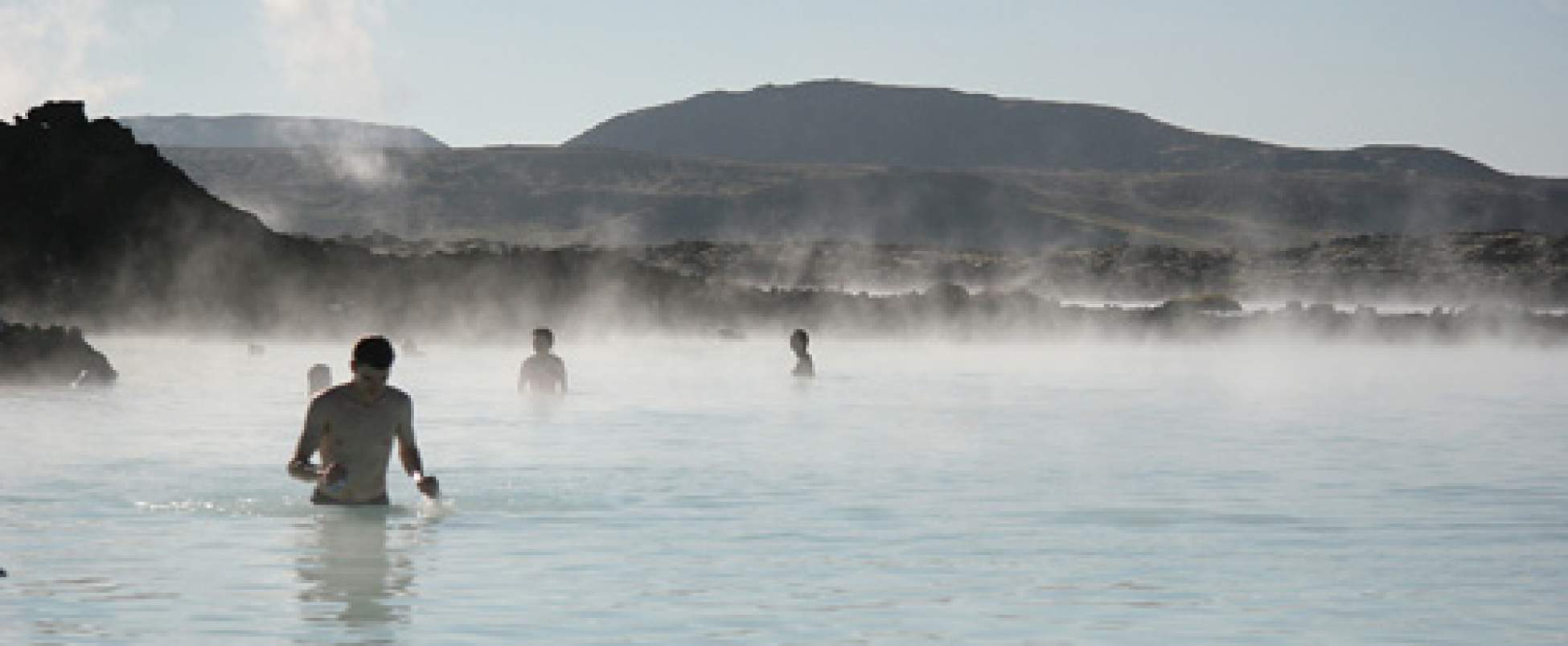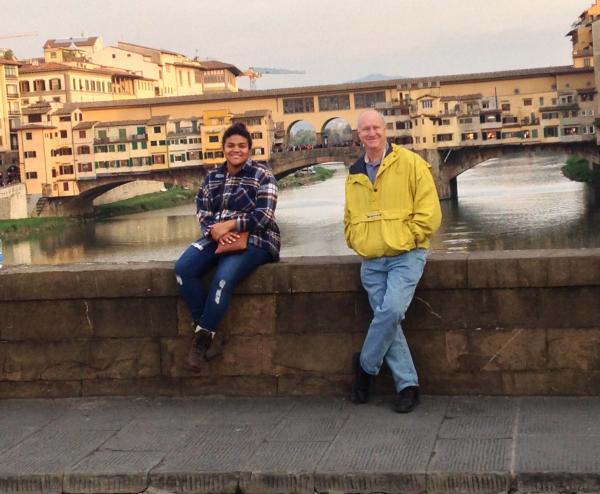Many travellers who visit my clinic wish to travel au naturel. No - not in the buff, but rather making use of so-called natural preventatives and remedies. Perhaps this is because they have heard bad things, or even "horror stories" about antimalarials and other medications, or perhaps because that is just what they prefer. There are lots of products available to those who want a natural approach, but I would encourage caution when using them for potentially life-threatening conditions such as malaria. Let's look at some of them.
Even before heading off on an adventure, some well meaning travellers choose to avoid vaccination against infections such as hepatitis A and B, typhoid fever and meningitis. Rather, they prefer to boost their immune system by using products that claim to enhance one's resistance to infection naturally. While there are proponents of these products, I am not aware of any effective way of doing this, and would not recommend it as a way of preventing these serious illnesses.
Gut feelings
If you're a seasoned traveller, you know that it's only a matter of time before you find yourself squatting on the local latrine in the Sahara or some other far flung place. For a minor case of 'the runs', you may not want to take traditional treatments like Imodium and ciprofloxacin, an antibiotic. That's okay. As long as you're sure it's not dysentery (learn the symptoms!) or something more serious, if you stay well hydrated with oral rehydration salts, you should get better.
A serious bout of the runs - or taking antibiotics to treat it - can eradicate the good bacteria in your system. Probiotics - like acidophilus - can be found naturally in things like yogurt, and many over-the-counter probiotic preparations exist as well. Taking these makes sense and may help you to feel better in time, but they are unlikely to give you the quick comfort for which you may be looking. Grapefruit seed extract is another favourite naturopathic remedy which some claim to have antibiotic properties.
If it's not Montezuma you find yourself grappling with, it could be Poseidon. Motion sickness as you plunge through the deep blue sea round the Cape of Good Hope is no fun, and medications like Gravol and the scopolamine patch can have unwanted side effects such as drowsiness. Some people swear by ginger root as the remedy of choice here, either as a capsule, a nice tasting lozenge or the actual root. Other travellers say they have avoided motion sickness by wearing special elastic bracelets that apply pressure to an acupressure point on the wrist. These may or may not work for you. The trouble is, you won't know until you try them and if they don't work, you'll probably go from thinking that the ship might go down, to hoping that it does.
High altitude
"When in Rome, do as the Romans" applies to other destinations as well. But be warned: the Romans didn't always know best.
If your travel plans involve climbing from sea level to the top of Kilimanjaro, altitude illness can be a concern. Many travellers who arrive abruptly in high altitude cities—La Paz or Lhasa, for instance—without having time to acclimatize, use the non-homeopathic medication, Diamox (acetazolamide). In most other cases, however, when you are ascending under your own steam, it is your personal behaviour that is most important. Go slowly, drink lots of water, learn to recognize the symptoms of altitude illness and don't ascend if they occur.
In Bolivia and Peru, coca tea has a huge following and many travellers who have trekked at high altitudes in the Andes swear by it. Coca tea may act as a stimulant, and helps to maintain hydration, an important aspect of preventing altitude illness. In Nepal, garlic soup holds a similar status. So the old adage, "when in Rome, do as the Romans … or Peruvians or Nepalese" applies to high altitude destinations as well.
Don't mess with malaria
The Romans didn't always know best though. Long ago people were getting sick and even dying in and around the marshy areas of ancient Rome and the Romans attributed it to bad air - mal aria. Of course, we know now that its not bad air but rather a parasite carried by certain mosquitoes that causes malaria.
Step one in avoiding malaria is to stay covered and use a good insect repellant so that you minimize getting bitten by mosquitoes. One of the most common and definitely the most effective of insect repellants is DEET. Not everyone is crazy about using DEET because they believe that it is bad for the environment, that it's a carcinogen and that it will be absorbed by your liver and brain. These things simply aren't true. Just don't bathe your young children in it, and keep it off your sunglasses and Ipod.
There are natural insect repellents available - although they won't last as long as those containing thirty percent DEET—which can be effective for five to six hours. Citronella has a pleasing smell, and can be spread on the skin or burned as a coil or candle. Just don't expect the protection to last much longer than an hour. The same goes for eucalyptus oil. Soybean oil, marketed under the name Bite Blocker, may prolong that protection for up to two hours. As for eating bananas or garlic, or taking vitamin B… I don't think they really work.
Malaria is a potentially life threatening infection. There are homeopathic treatments and preventative remedies for malaria—they most commonly contain quinine. Derived from the bark of chinchona trees, quinine, when used in the medically recommended doses, is a still useful treatment for malaria. Tonic water contains tiny amounts of quinine, but if you are counting on gin and tonics to treat your malaria, my calculations tell me that it would take an awful lot of tonic to achieve a therapeutic effect. You would still have your malaria, you just might not care! Artemesia is derived from the Chinese shrub artemesia annua. In combination with other antimalarials, derivatives of this plant such as artemesinin and artesunate are the preferred treatment of malaria throughout most of the world. But again, this is in doses that have been proven to be effective.
The take-home message here is that in the case of potentially life-threatening illnesses, like malaria for instance, I would beg you to avoid "natural" remedies. For irritating but less serious maladies of travel, by all means do your research and feel free to try out whatever you want. Common sense, which we usually come by naturally, is also worth taking along.
Mark Wise is a family doctor in Toronto, specializing in travel and tropical medicine. He is the director of The Travel Clinic and acts as medical advisor to numerous NGOs and is on the board of Canadian Feed the Children. He has travelled to most of the places where you might consider volunteering.
Add this article to your reading list




